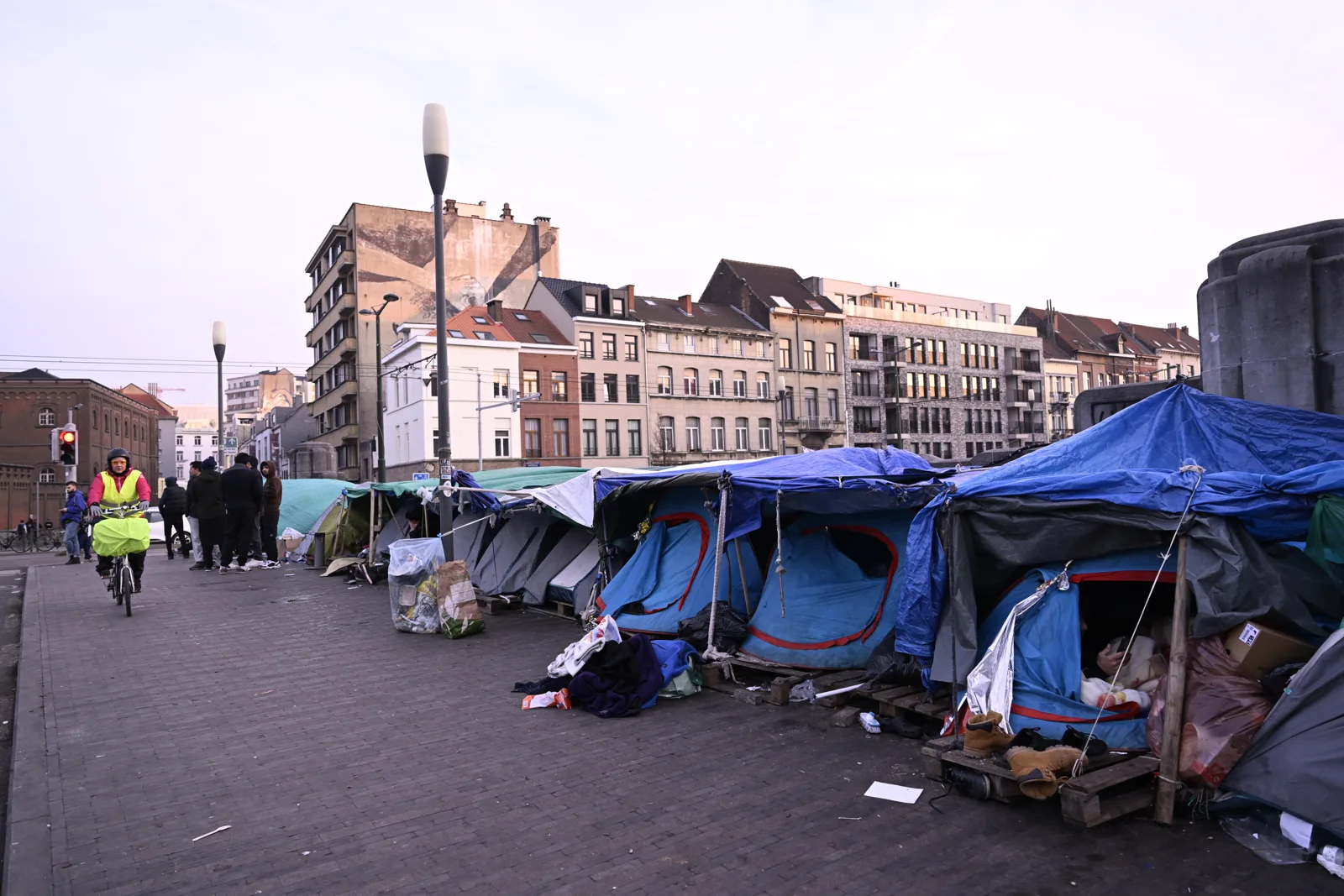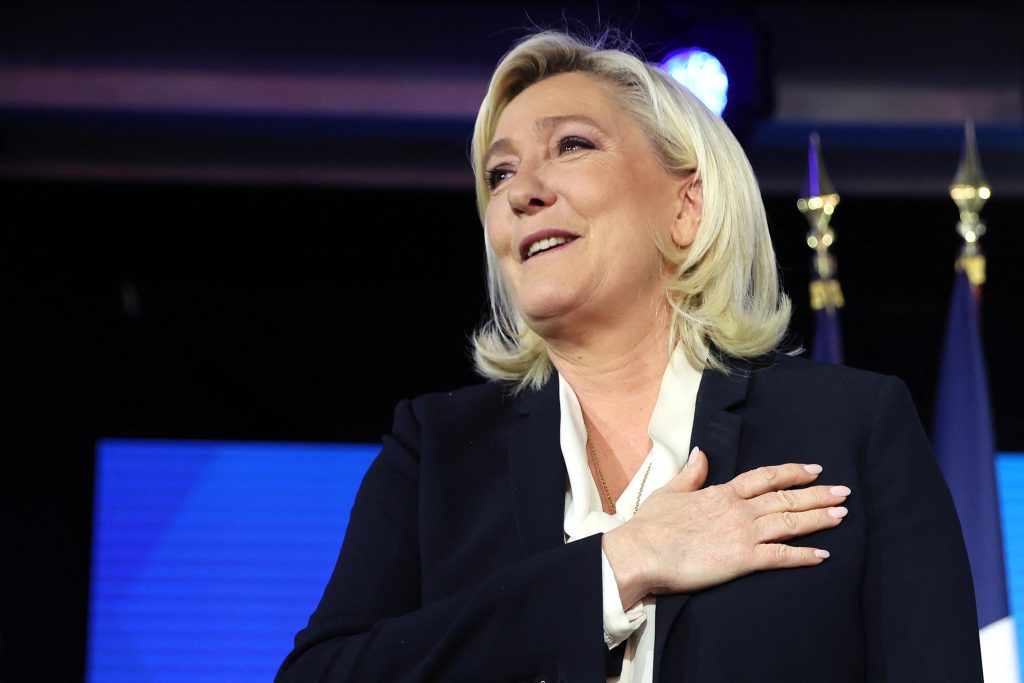A hardline version of French President Emmanuel Macron's migration bill was voted through by Marine Le Pen's far-right National Rally (RN) party on Wednesday evening.
Critics say the incident confirms that Macron's promise to counter the far-right has fallen in on itself, and is symptomatic of Europe's swerve toward extremes.
Initially a relatively inoffensive bill offering easier access to residence cards for unregistered migrants, the proposal underwent a transformation in its final stages. It now contains a list of measures Le Pen has dubbed an "incontestable ideological victory" for the far-right: it makes it more difficult for migrants to bring family members to France, delays their access to social welfare, and makes it possible for dual nationals who have committed a crime to lose their French citizenship.
The unexpected coalition with the far-right has prompted several of Macron's Renaissance ministers to vote against the party line, and Health Minister Aurélien Rousseau has since resigned. French Prime Minister Élisabeth Borne says she views the vote as a success but concedes that parts of the bill are unconstitutional. French left-wing MEP Manon Aubry dubbed it "the most racist law we have seen [in France]."

President of France Emmanuel Macron. Credit: Belga / Hatim Kaghat
Accidental or not, Macron's pandering to the far-right is indicative of a trend that is occurring all over Europe. In cracking down on migration in an effort to dissuade concerned voters from turning to extreme ideologies, mainstream politicians are themselves drifting increasingly further to the right. The EU's reforms to its migration policy, announced on Wednesday, are exemplary of this phenomenon.
European level
The Pact agreed by Member States aims to speed up the asylum process and the deportation of those whose claims are rejected. It involves a fast-track screening process that will use fingerprints and facial recognition on migrants as young as six, and will separate new arrivals into two separate procedures depending on their likelihood of being accepted.
It hopes to increase burden-sharing between Member States by introducing a 'binding solidarity mechanism'. It will also entail the increased use of detention centres at borders, where people could spend up to 12 months in some cases.
Advocates of the Pact celebrate it as a way to protect Europe's borders while upholding human rights, as well as staving off far-right successes in the European elections next May. However, rights groups deplore the new rules as "a gross violation of the right to seek international protection."

Asylum seekers and refugees sleep on the street in Brussels. Credit: Belga
Right-wing ministers are dissatisfied too: in their view, the Pact doesn't go far enough. Flemish MEP Assita Kanko stated that the Pact improves some aspects but "the major paradigm shift that is needed in Europe is unfortunately still lacking."
Former Secretary of State for Asylum and Migration Théo Francken also said that the Pact "remains based on the principle of an open border after illegal entry into Europe." Francken wants Europe to build walls and sea borders to keep irregular migrants out.
Related News
- EU migration and asylum policy: Key points of the landmark agreement
- 'Crossroads' in migration policy: EU adopts hardline stance
The current State Secretary for Asylum and Migration Nicole de Moor welcomed the Pact, however, stating that she was "extremely satisfied" with the "major and necessary reform." She believes that, under the new solidarity mechanism, Belgium will absorb an estimated 20,000 fewer asylum seekers than under the current framework.
However, professor of European politics at KU Leuven Steven Van Hecke believes this claim to be dubious. "She is setting a trap for herself," he told Gazet van Antwerpen. "Within a few years it will become apparent that the reality is different."
The Belgian green parties, meanwhile, expressed disappointment at the Pact's erosion of human rights. Deputy Prime Minister Petra De Sutter has spoken out against the "inhumane" detention of children.
There were 874,000 asylum applications in Europe last year. Despite far-right gains on the back of a perceived acceleration in immigration, the number of people entering Europe without permission is lower than in 2015 and 2016.

